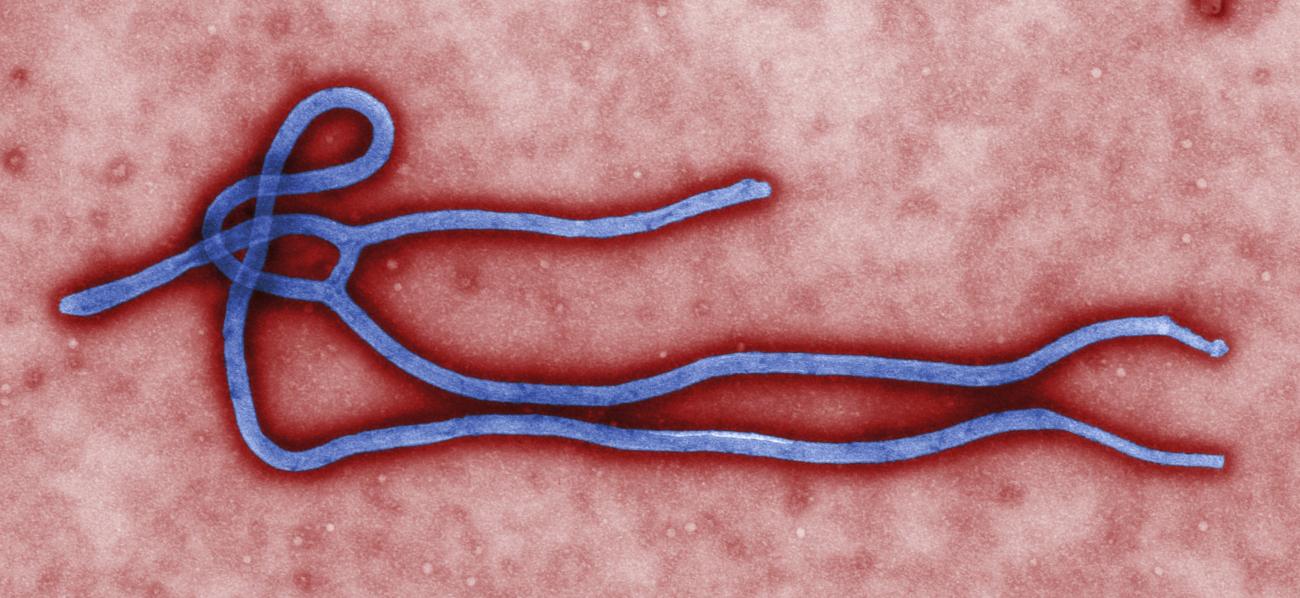The chances for the Ebola virus to show up in Slovenia are very little, however the possibility cannot be ruled out. TV Slovenia reported that the Ljubljana University Medical Center (UKC) is getting ready to treat patients infected with the Ebola virus, and those patients suspected of carrying the virus.
A plan has been prepared envisaging the travel route of infected patients to the hospital, most likely to the Department of Infectious Diseases and Febrile Illnesses. The medical center is also preparing all the needed equipment, as well as a plan for the isolation and treatment of patients and protection of health workers.
"These are not entirely standard procedures, as the disease has a high death rate. Before each employee joins the UKC, they all go through a trainee course and already know the basics. All of our employees have now attended, and are still attending, a training course once again, to revise the methods for treating such patients," explained Tatjana Lejko Zupanc.
How to prevent the disease?
The National Institute of Public Health has already issued instructions and warnings regarding the Ebola outbreak. If you plan on traveling abroad, avoid direct contact with live and dead wild animals, and avoid consuming wild animal meat. In addition make sure to wash and peel fruits and vegetables before consumption, practice safe sex and regularly wash your hands.
Most important in preventing the Ebola disease from spreading is to avoid contact with infected persons or the blood and secretions of infected or deceased persons. The best and most reliable form of prevention is to avoid areas facing an Ebola outbreak.
Upon returning home one should be pay attention to possible signs of sickness for another 21 days, as the disease has a long incubation period. If you've been in direct contact with the blood or secretions of infected or deceased persons or animals, and if you've practiced unsafe sex with an infected person (even if he has recovered), visit and inform your doctor that you've been in an area facing an Ebola outbreak as soon as possible. Prior to your visit to the hospital inform the health center so that they carry out the necessary safety measures to receive you.
Recognizing the disease
The Ebola Virus Disease (EVB) was first detected in 1976 in Sudan and the Democratic Republic of Congo. It is an acute viral illness with a high death rate. The illness usually begins with symptoms such as high fever, intense weakness, muscle pain, headache. The first symptoms are then followed by vomiting, diarrhea, rash, impaired kidney and liver function, and in some cases, both internal and external bleeding.
The Ebola virus spreads through direct contact (through injured skin and mucous membranes) with the blood and other bodily fluids or secretions of an infected person or animal. Although it is not quite certain, plant-eating bats are considered the most likely natural reservoir of the Ebola virus, and are considered the ones to be spreading the disease onto other wild animals, mostly primates. A human becomes infected when the first symptoms appear. At that stage a human's blood and secretion already contain the virus. If the symptoms don't appear, the human isn't infected. The incubation period lasts from 2 to 21 days, or from 8 to 10 days on average. There is still no specified cure or vaccine for the Ebola Virus Disease (EBV).
A. Č.
translated by K. J.
Oglas


































































